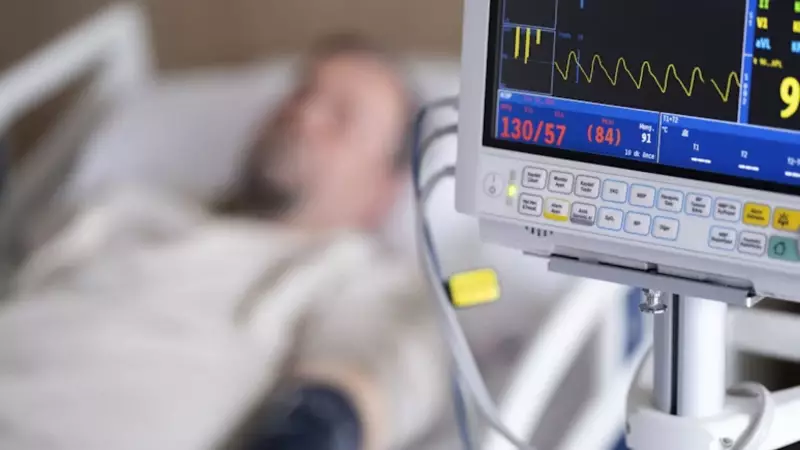
In a crucial medical insight that could save countless lives, Dr. Kunal Sarkar, Director of Cardiac Surgery at Manipal Hospital, Kolkata, has clarified the vital distinction between a heart attack and a cardiac arrest, emphasizing the life-saving potential of a common medicine—Aspirin—when used correctly and promptly.
Dr. Sarkar explained to indianexpress.com that the first few hours, particularly the first four, are absolutely critical for survival and recovery during a cardiac event. Quick recognition, diagnosis, and action are the keys to a positive outcome.
The Critical Difference: Heart Attack vs Cardiac Arrest
Many people use the terms 'heart attack' and 'cardiac arrest' interchangeably, but they describe two very different medical emergencies. Dr. Sarkar provided a clear distinction: A heart attack occurs when the blood supply to the heart is blocked, but the heart is still beating. In contrast, a cardiac arrest is a far more severe event where the heart stops beating completely.
"Cardiac arrest is the end of the spectrum," Dr. Sarkar stated. He described it as a pre-terminal condition, noting that 99 out of 100 times, medical intervention must happen at the heart attack stage to prevent a cardiac arrest. "To survive a cardiac arrest, one needs to already be in a medical facility," he added, highlighting its extreme severity.
When is Aspirin Most Effective?
The use of Aspirin is effective specifically for a heart attack, not a cardiac arrest. For a heart attack, which is relatively less severe and can be reversed, Aspirin can play a crucial role by helping to neutralise blood pressure and prevent further clotting.
However, Dr. Sarkar stressed a critical caveat: "Make sure you take all the necessary measures within 4 hours of the attack." This narrow window is when the medicine can have the maximum impact.
He provided specific dosage instructions, as knowing how much to take is essential:
- Take 150–300 mg of Aspirin.
- Since common versions in India are 75 mg and 150 mg, he advised taking at least two tablets of 150 mg, or three tablets of 75 mg, depending on what is available.
Immediate Steps to Take During a Suspected Heart Attack
Beyond taking Aspirin, Dr. Sarkar recommended a clear set of actions to improve survival chances:
Sit or lie down immediately. He stressed that walking or standing can worsen the situation as blood pressure tends to fall during a heart attack.
Call for emergency help immediately. Do not wait to "see if it passes." Every minute is critical.
"Get to the nearest hospital, nursing home, or emergency centre," he reiterated, adding that even a smaller facility can begin lifesaving treatment before transferring the patient to a specialized cardiac-care unit.
Don't Ignore These Warning Signs
A heart attack, technically known as a myocardial infarction, happens when blood flow to a part of the heart is blocked, damaging the heart muscle. The most common warning signs are severe chest pain and sweating.
Dr. Sarkar pointed out a common and dangerous misconception: "Many people mistake these early symptoms for indigestion or gastric distress." He explained that for the first 10–15 minutes, it might feel like food didn't agree with you. However, if the discomfort persists or is accompanied by sweating and uneasiness, it is time to act fast.
Understanding this difference and knowing the correct, immediate steps to take could mean the difference between life and death. Keeping Aspirin on hand and knowing the protocol empowers individuals to act decisively during those first critical hours.






